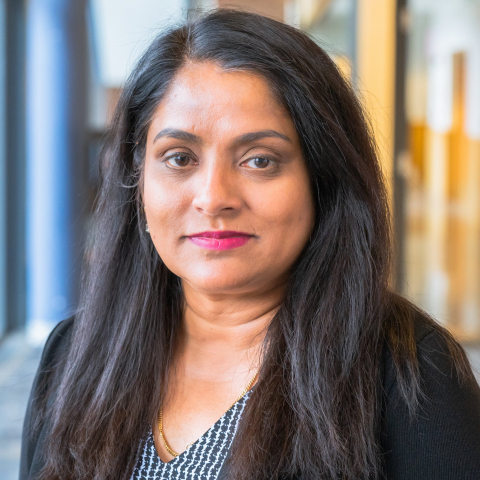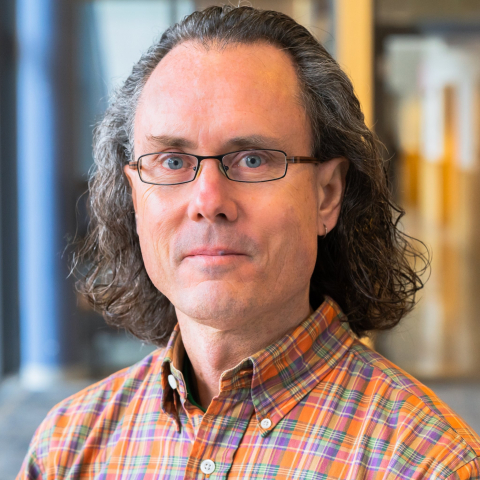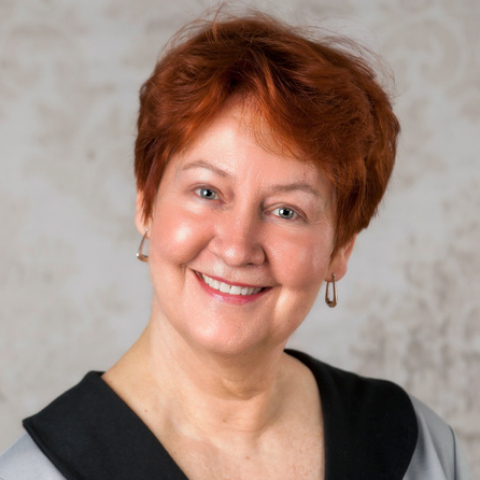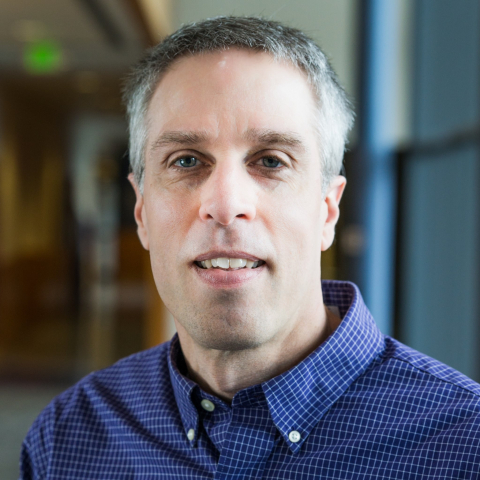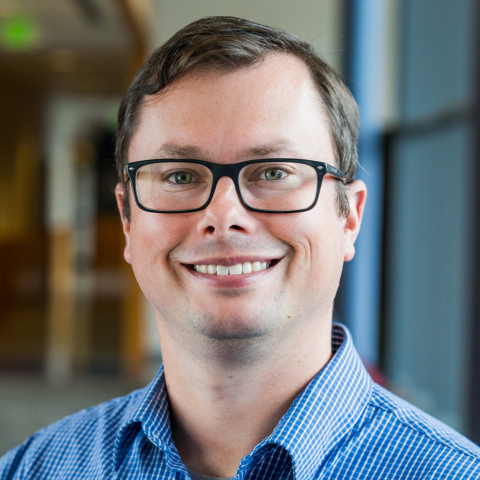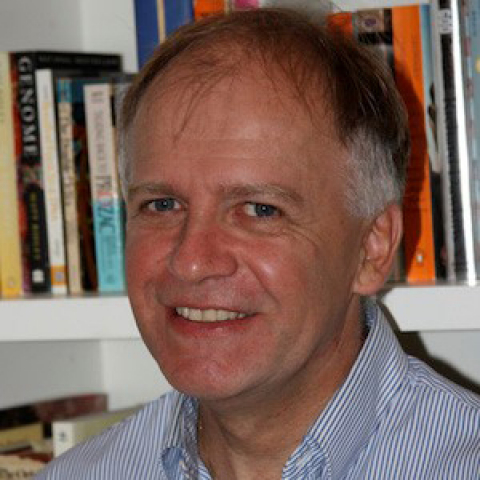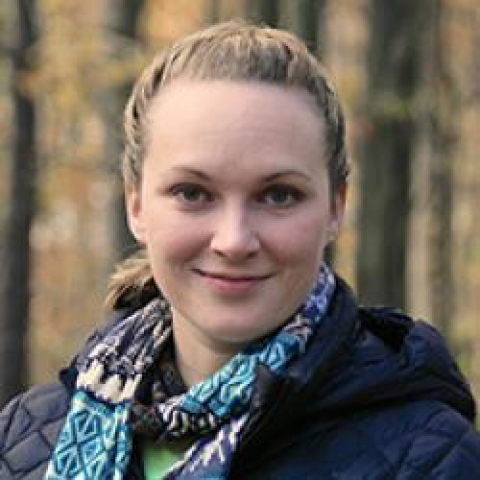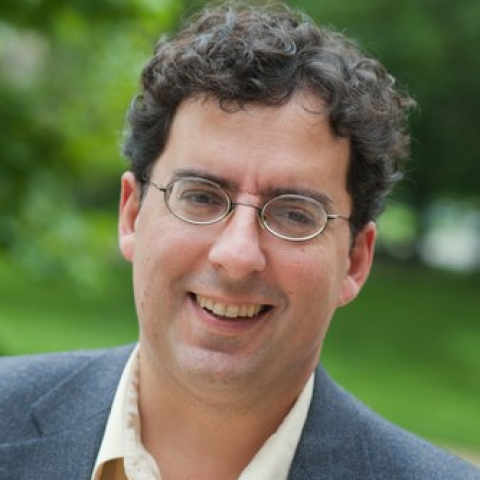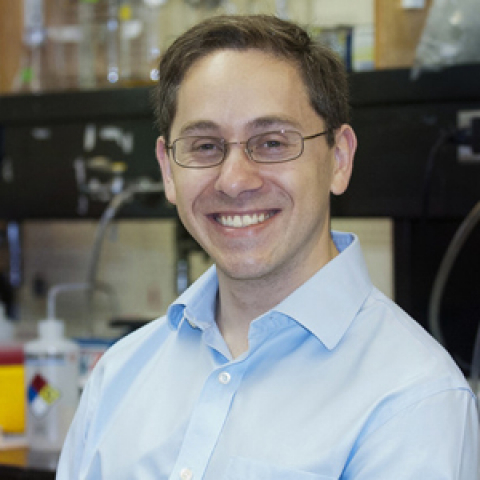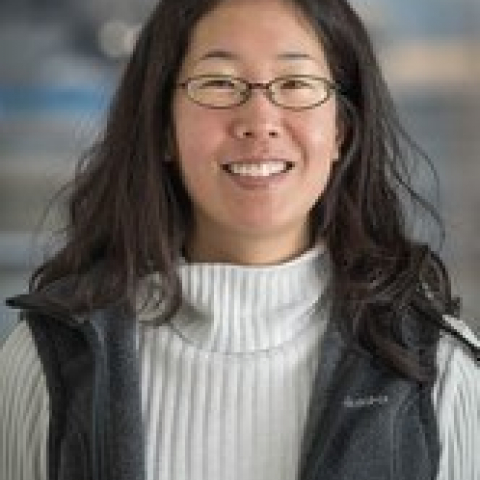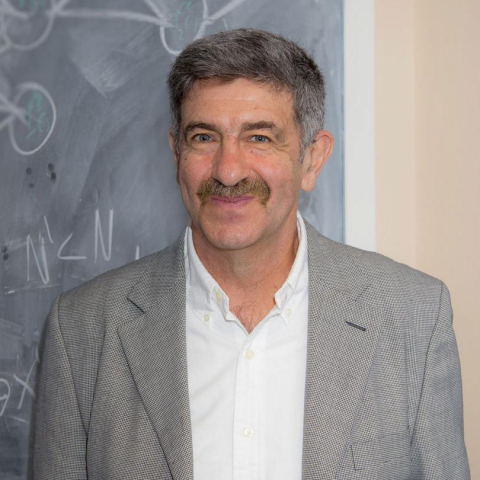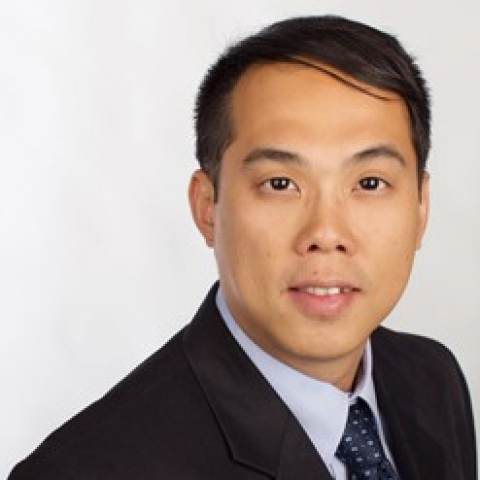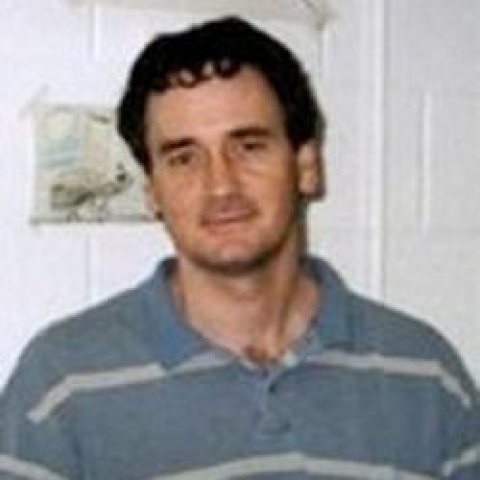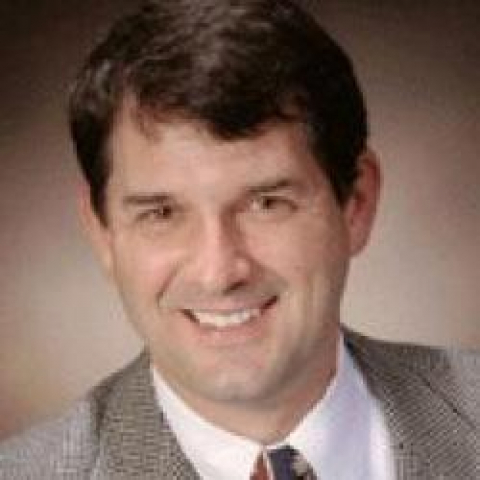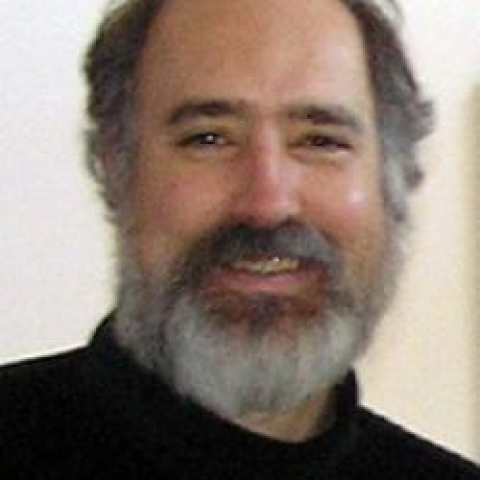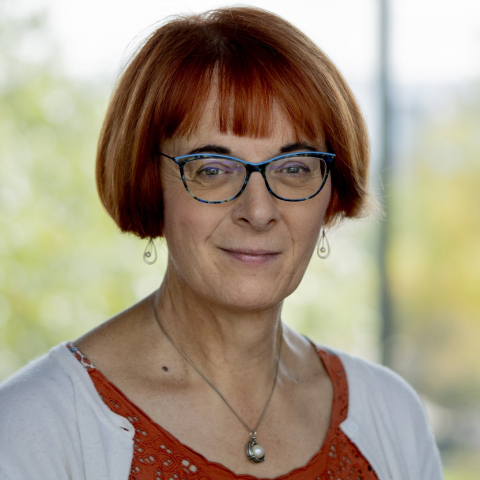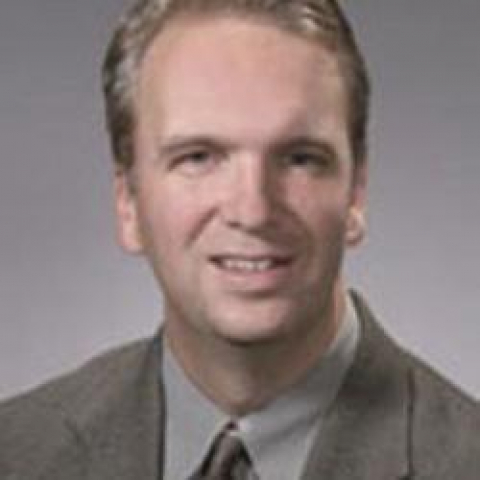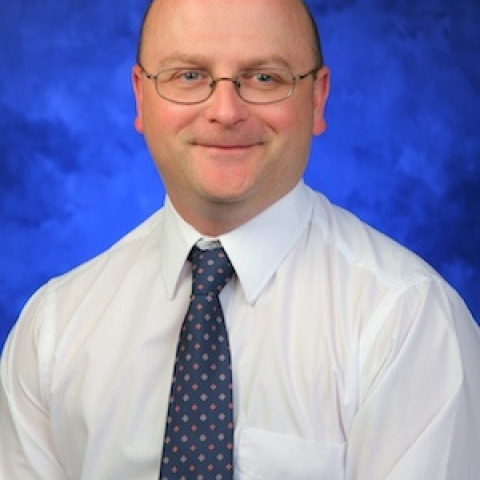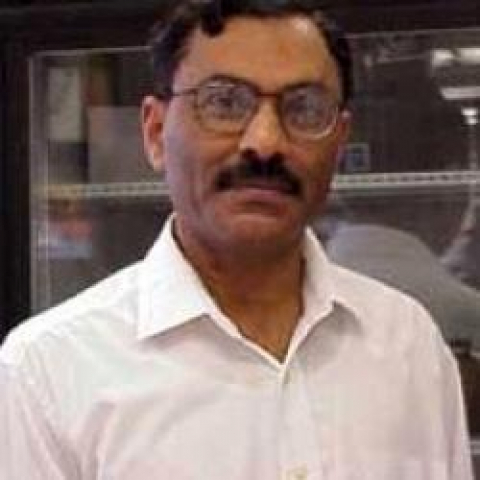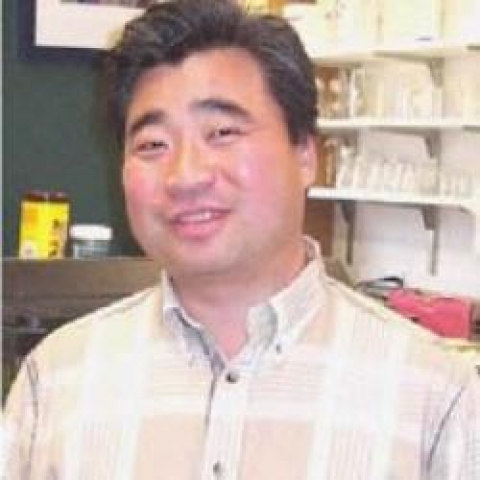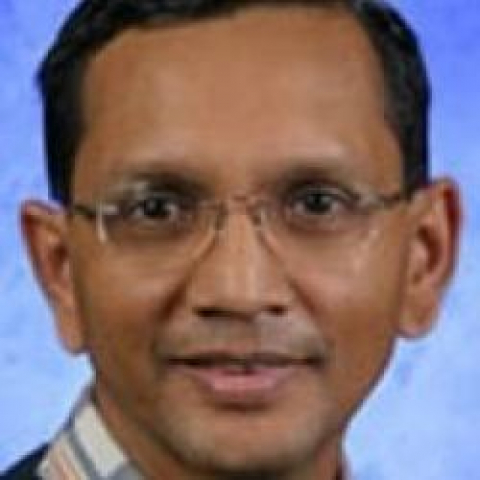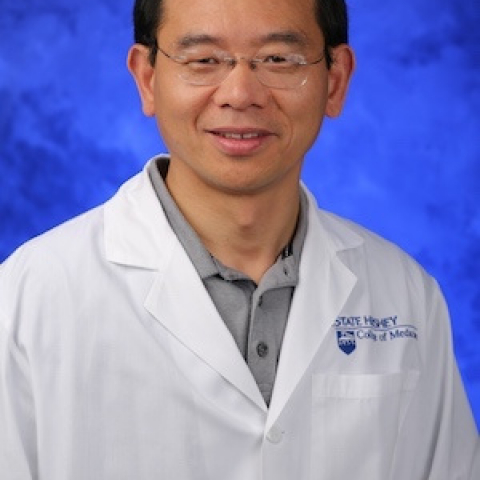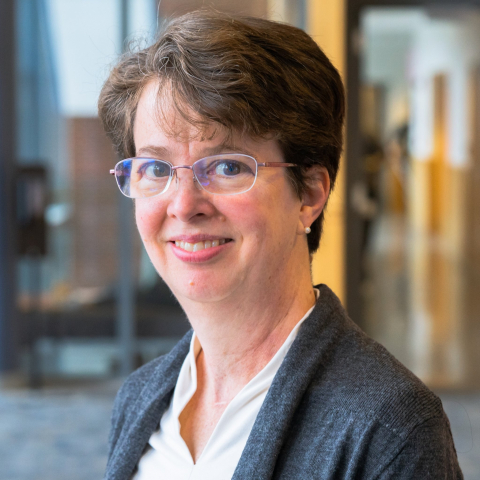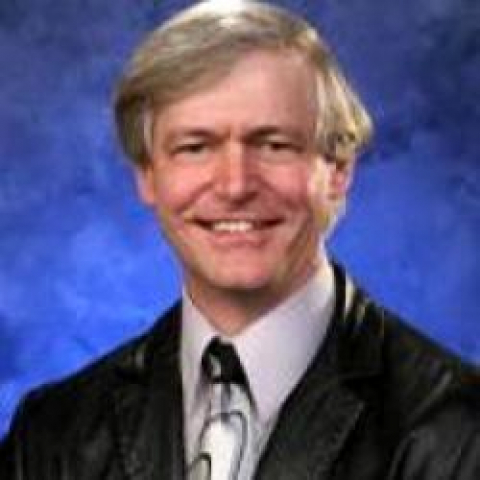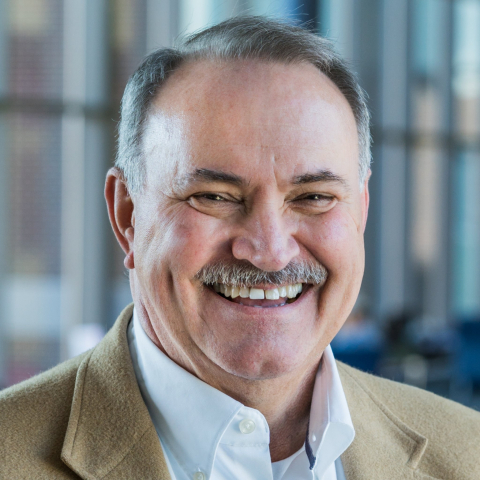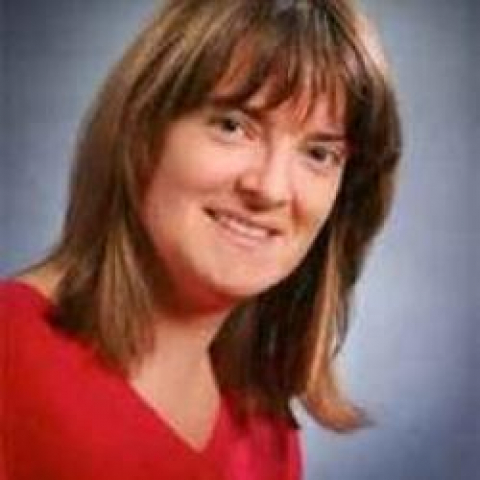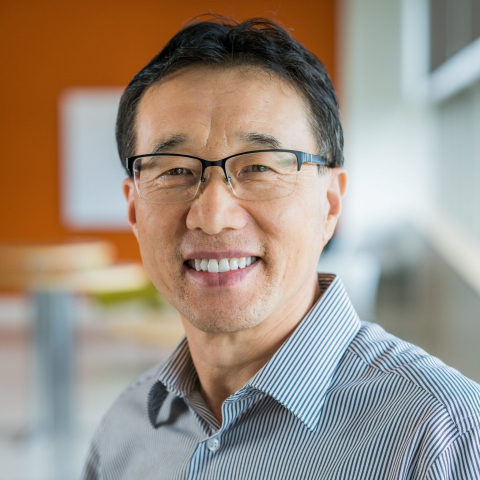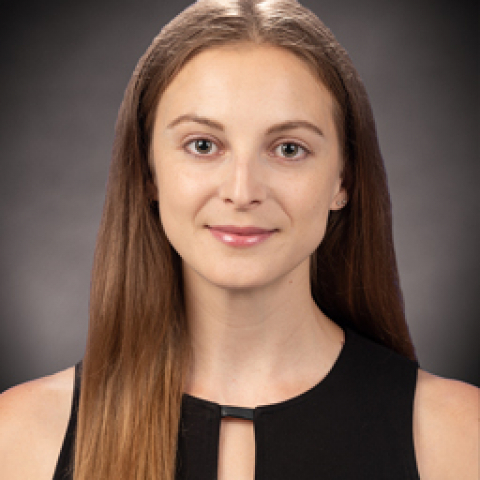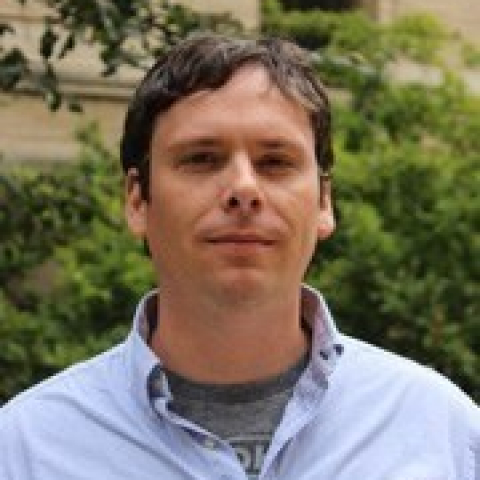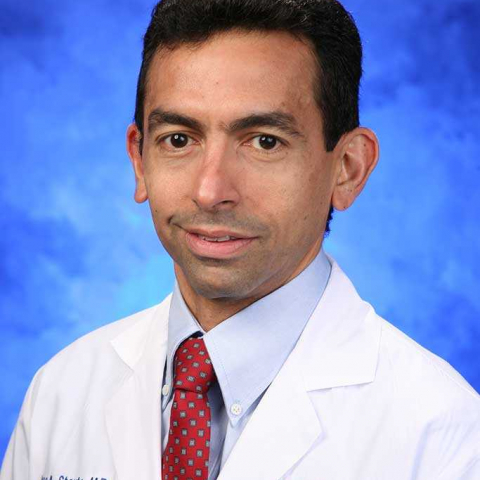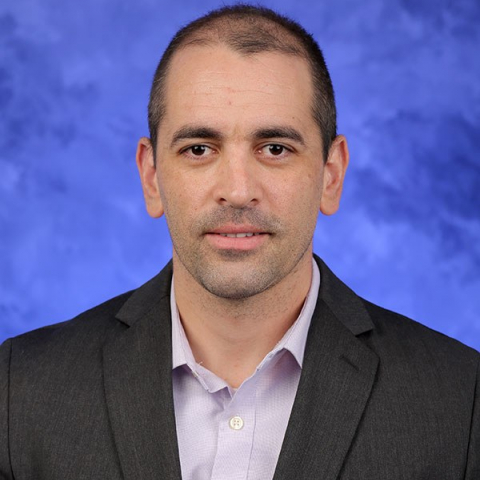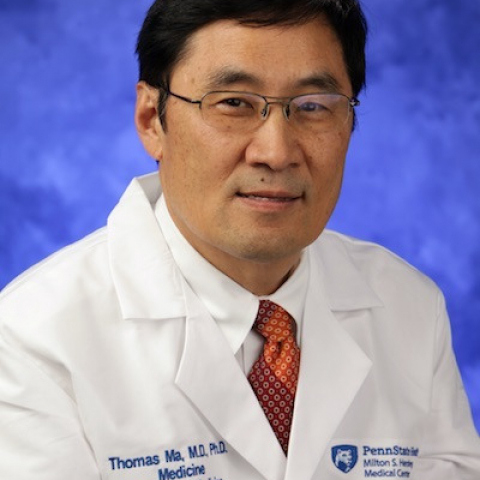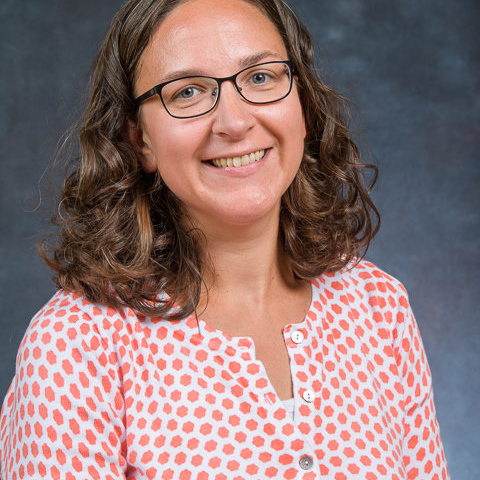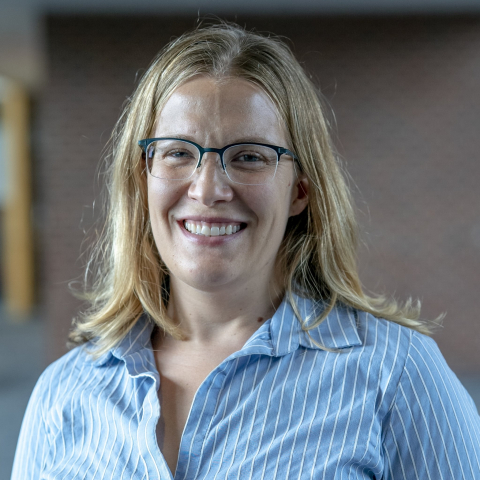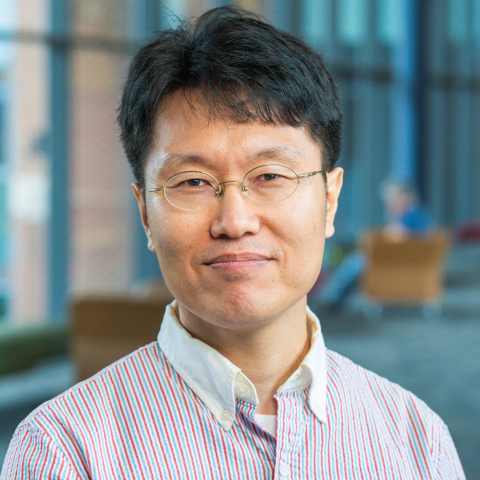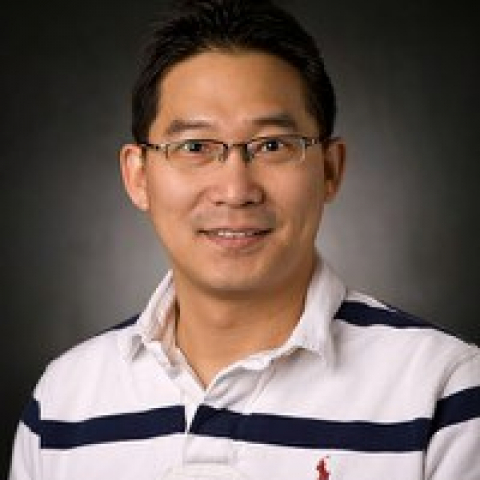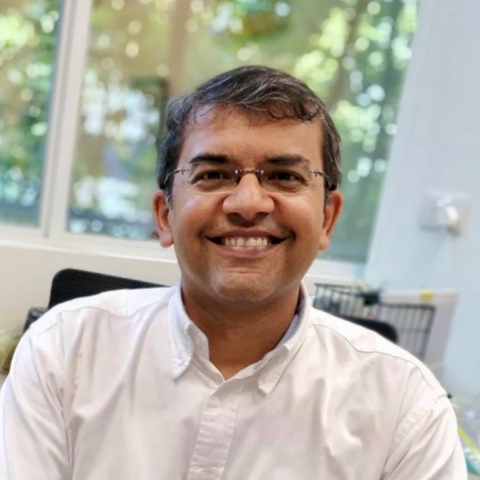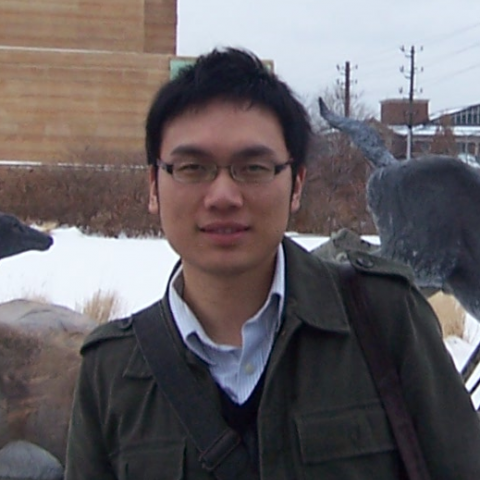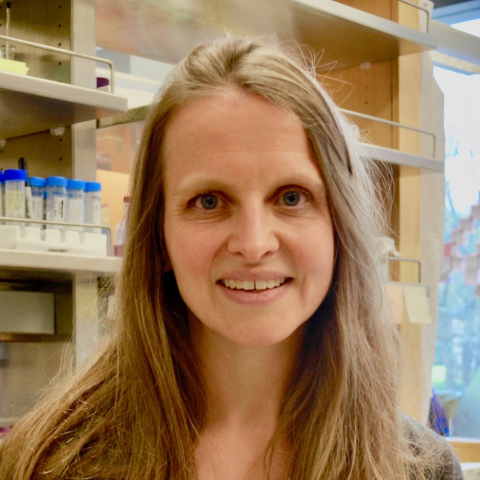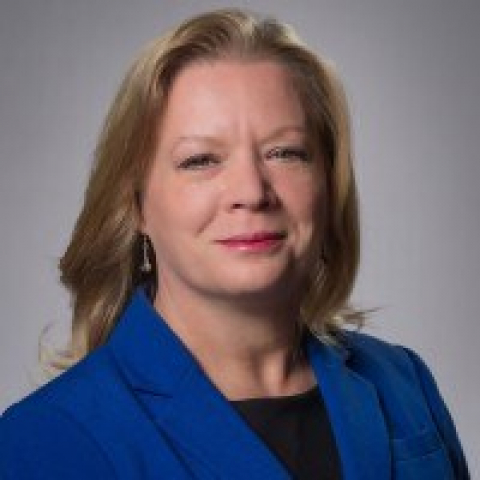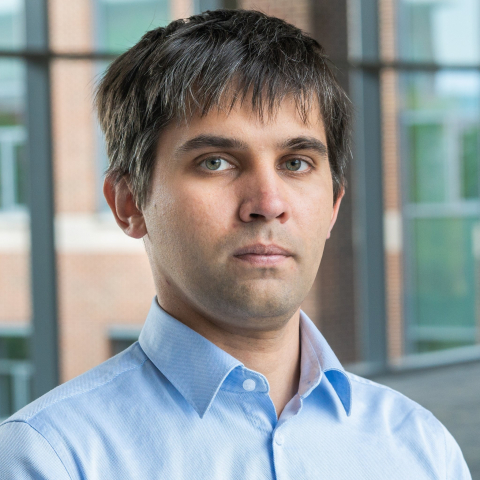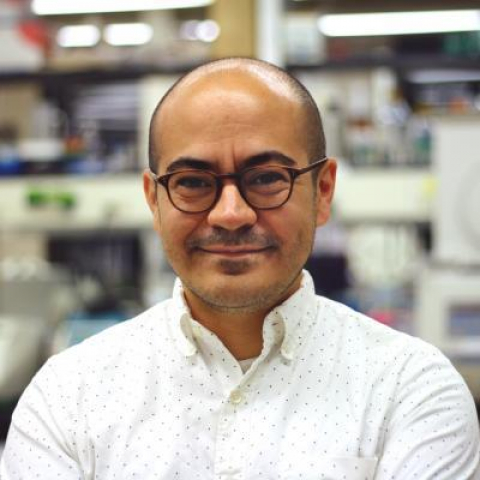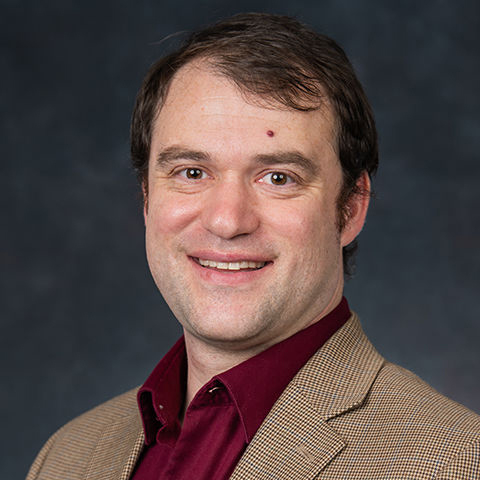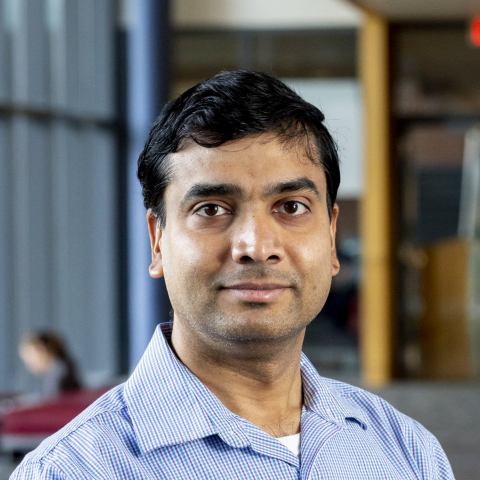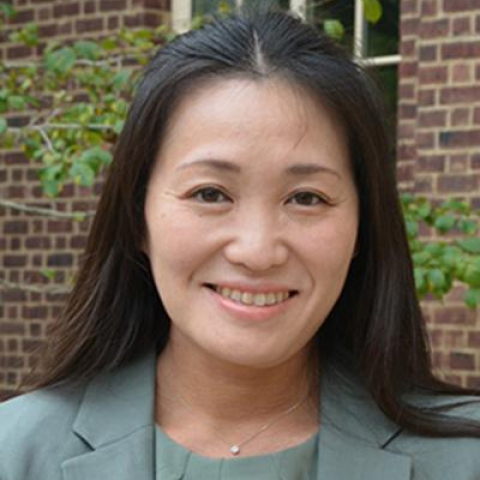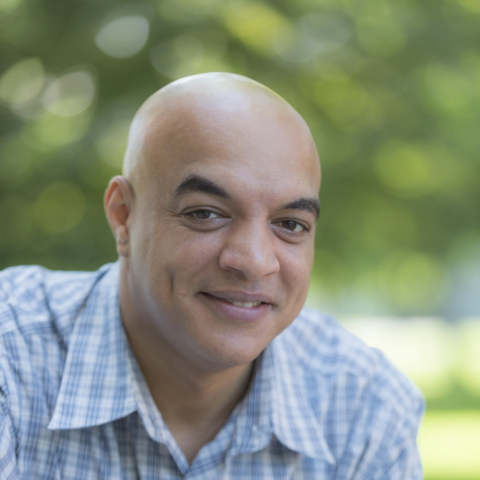63 People Results for the Tag: Membranes
Joyce Jose
Associate Professor of Biochemistry & Molecular Biology
Virus-host interactions involved in the pathogenesis of alphaviruses and flaviviruses. Analysis of virus induced structures and cytoskeletal modifications in mammalian host and insect vector using high-resolution live cell imaging and electron microscopy. Viral determinants of neurotropism, encephalitis, transmission and persistence in BSL-3 pathogens.
Center for Infectious Disease Dynamics
Manuel Llinas
Distinguished Professor of Biochemistry and Molecular Biology
Understanding the molecular mechanisms of gene regulation and metabolism in the malaria parasite Plasmodium falciparum using functional genomics and metabolomics.
Center for Infectious Disease Dynamics
Kathleen Postle
Professor of Biochemistry and Molecular Biology
Signal transduction and iron transport in bacteria
Anthony Schmitt
Professor of Molecular Immunology and Infectious Diseases
The process of paramyxovirus particle formation by budding: identifying and characterizing viral proteins used in budding, and learning how these manipulate host budding machinery to allow virus release.
Scott Lindner
Associate Professor of Biochemistry & Molecular Biology, Co-Director, Center for Malaria Research
Our laboratory couples molecular parasitology and structural biology to study the malaria parasite (Plasmodium spp.).
Center for Infectious Disease Dynamics
Bernhard Luscher
Emphasis Area Representative, Neurobiology; Director of the Center for Molecular Investigation of Neurological Disorders; Professor of Biology, Biochemistry and Molecular Biology
Function of GABAergic synaptic transmission in health and disease, with emphasis of stress based psychiatric disorders such as major depressive disorders and mechanisms of antidepressant drug action
Francisco Diaz
Director of the Center for Reproductive Health and Biology; Associate Professor of Reproductive Biology
Ovarian physiology. Role of SMAD-mediated signaling in follicular and female germ cell (oocyte) development.
Howard Salis
Associate Professor of Chemical Engineering; Associate Professor of Agricultural and Biological Engineering
Engineering microorganisms for applications in synthetic biology and metabolic engineering.
Leonid Berlyand
Co-Director of the Center for Mathematics of Living and Mimetic Matter; Professor of Mathematics
Pak Kin Wong
Professor of Biomedical Engineering, Mechanical Engineering, and Surgery
Richard Ordway
Professor of Molecular Neuroscience and Genetics
Genetic analysis of neural function.
B. Tracy Nixon
Professor of Biochemistry and Molecular Biology
Structural and functional basis of cellulose synthesis. Using Physcomitrella patens and other organisms as model systems, we are learning how plants make cellulose for building new cell wall. The studies use methods of molecular biology and cryoEM to characterize the enzyme as a monomer, and when it assembles into its larger 'Cellulose Synthase Complex '(CSC for short). The aim is to understand cellulose synthesis to explain fundamentals of cell wall biology in plants, and to enable manipulation of its synthesis for applications in fields of bioenergy and materials.
Claire Thomas
Associate Professor of Biology and of Biochemistry and Molecular Biology
Roles of the cytoskeleton at the cell membrane in epithelial cells, including issues of cell polarity and adhesion, cell signaling, and morphogenesis.
Peter Butler
Professor of Bioengineering
Fundamental molecular mechanisms by which vascular endothelial cells sense the forces from flowing blood and transduce this mechanical information into adjustments of cell and tissue biology.
Lorraine Santy
Associate Chair, Molecular, Cellular, and Integrative Biosciences Graduate Degree Program; Associate Professor of Biochemistry and Molecular Biology
The signals and processes that initiate migration in epithelial cells.
Colin Barnstable
Professor and Chair of Neural Behavioral Sciences
How interacting networks of transcription factors and signal transduction molecules guide the development of precursor/stem cells into mature neurons. Role of these networks in neurodegenerative diseases. Factors that can act as neuroprotective agents.
James Adair
Professor of Material Science and Engineering
Nanoscale materials and phenomena for biological, optical and structural applications, property manipulation via novel chemical pathways for designer particles and materials, colloid and interfacial chemistry, powder characterization, powder processing, and commercialization and regulatory pathways for nanomedical human healthcare formulations
Gabriele Monshausen
Associate Professor of Biology
Plant cell signaling. Hormonal and mechanical signal transduction in plant growth regulation. Live cell imaging of subcellular microdomains of ionic signaling.
Gang Ning
Director, Microscopy Core Facility; Research Professor
Using microscopy and flow cytometry to analyze structures and biochemical properties of cells.
Center for Infectious Disease Dynamics
Elizabeth Proctor
Associate Professor of Neurosurgery and of Pharmacology
Systems biology of complex disease. Integration of heterogeneous data types across length scales.
Timothy Meredith
Associate Professor of Biochemistry and Molecular Biology
Understanding how bacterial cell surface complex lipids are synthesized, to characterize structural modifications in response to varying growth environments, and to uncover how these changes are regulated.
Emily Weinert
Professor of Biochemistry and Molecular Biology
The mechanisms by which bacteria sense and respond to the environment, as well as how these signaling proteins/pathways affect competition, host colonization, and pathogenesis.
Sung Hyun (Joseph) Cho
Director, Cryo-Electron Microscopy Core Facility; Assistant Research Professor
Hojae Yi
Assistant Research Professor of Agricultural and Biological Engineering
Ganesh Srinivasan Anand
Associate Professor of Chemistry
Dynamics of large biomolecular complexes; uncovering what drives their assembly, regulation and function through mass spectrometry.
Center for Infectious Disease Dynamics
Ruobo Zhou
Assistant Professor of Chemistry
Quantitatively and functionally understanding the compartmentalization and spatiotemporal organization of protein-protein and protein-RNA interactions involved in fundamental cell functions as well as in cancer and neurodegenerative diseases.
Amie Boal
Professor of Chemistry and of Biochemistry and Molecular Biology
The structural differences between members of large metalloenzyme superfamilies that share common features but promote different reactions or use distinct cofactors.
Divya Prakash
Assistant Research Professor of Biochemistry and Molecular Biology
Sergei Koshkin
Assistant Research Professor
The application and development of mass spectrometry methods for analysis of biomolecules for identification of prognostic/diagnostic/predictive biomarkers and research of mechanisms and regulations of normal and pathological processes in living systems.
Tom Stewart
Assistant Professor of Biology
Evolutionary and developmental approaches to ask: how does morphological novelty evolve, and what are the causes of major evolutionary transitions?
Jeremiah Keyes
Assistant Professor of Biochemistry and Molecular Biology and of Biology, Penn State Behrend
The complex signaling networks that control cell responses to stimuli.
Rajeswaran Mani
Director, Flow Cytometry Facility; Assistant Research Professor
Urara Hasegawa
Assistant Professor of Materials Science and Engineering
The development of polymeric nanomaterials for controlled delivery of drug and bioactive signaling molecules
Ibrahim Moustafa
Assistant Research Professor of Biochemistry and Molecular Biology
Process and analyze cryo-EM data to generate high-resolution 3D reconstructions using established software packages.
